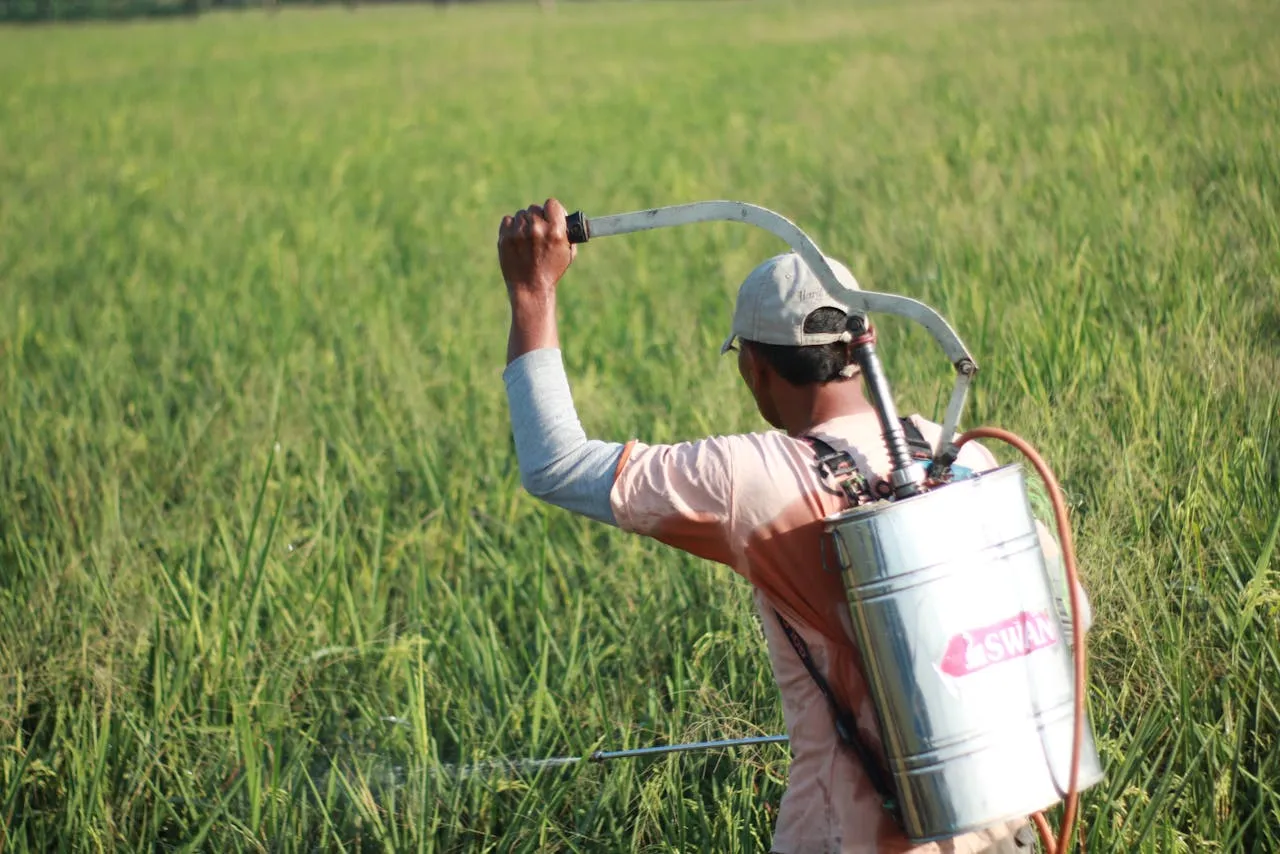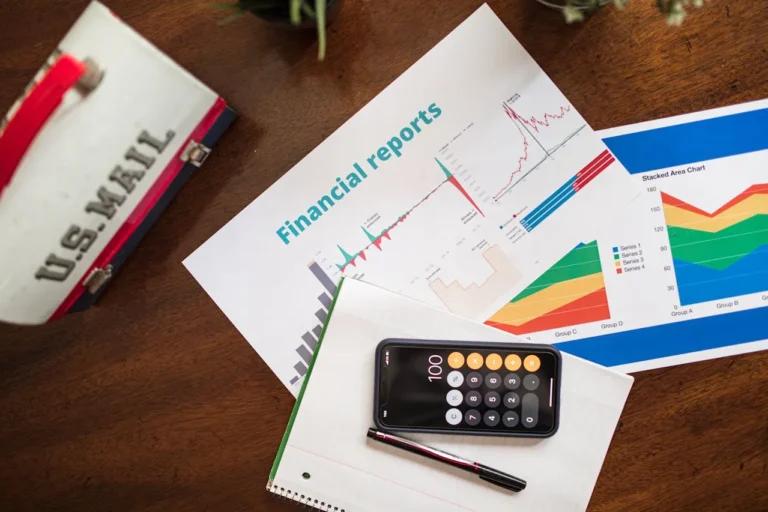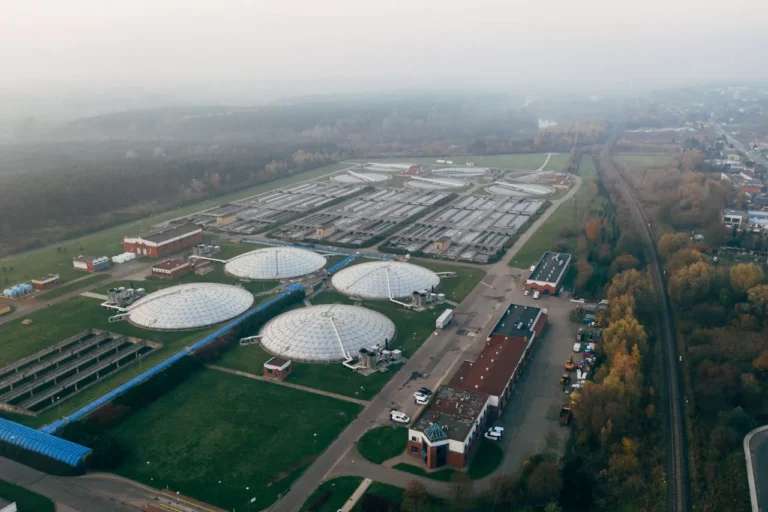
The Bayer Group experienced growth in sales but a decline in earnings during the second quarter of 2024. Each division delivered strong performances within their respective industries, enabling the company to reaffirm its 2024 outlook. CEO Bill Anderson highlighted that Bayer’s Crop Science division nearly overcame challenges in the agricultural market, while the Pharmaceuticals Division’s new products, Nubeqa™ and Kerendia™, continued their strong momentum. Additionally, the Consumer Health division returned to growth.
Anderson also reported progress on strategic priorities, emphasizing the company’s commitment to consistent performance and long-term challenges. In the past 154 days, Bayer has made significant strides in growth and innovation, US litigation, cash management, deleveraging, and the implementation of the new Dynamic Shared Ownership (DSO) operating model.
The Pharmaceuticals Division has made notable advancements in innovation, with significant steps taken to enhance the mid-stage pipeline, expand product labels, and advance late-stage assets. Recently, Bayer announced positive Phase III results for broader indications of Nubeqa™ and Kerendia™, with plans to launch two new drugs next year: elinzanetant for menopausal symptoms and acoramidis for cardiology.
Group sales increased by 3.1% on a currency- and portfolio-adjusted basis (Fx & portfolio adj.) to €11.144 billion in Q2 2024, despite a negative currency effect of €240 million. EBITDA before special items decreased by 16.5% to €2.111 billion, largely due to an unfavorable product mix and lower provisions for the Group-wide short-term incentive program. EBIT improved to €525 million after net special charges of €490 million, primarily due to ongoing restructuring expenses. Net income stood at minus €34 million, an improvement from minus €1.887 billion in Q2 2023.
Free cash flow increased to €1.273 billion, primarily due to higher operating cash flow, and net financial debt decreased by 1.9% to €36.760 billion as of June 30.
Crop Science Division Sees Modest Growth
The Crop Science division saw sales increase by 1.1% (Fx & portfolio adj.) to €4.981 billion, driven by higher sales of glyphosate-based herbicides, especially in North America. While non-glyphosate-based products experienced a decline, the Herbicides business grew by 8.7% overall. Soybean Seed & Traits sales rose significantly by 12.4%, primarily due to higher volumes in North America. Insecticides also grew by 6.9%, but Fungicides and Corn Seed & Traits faced declines due to lower volumes and prices in various regions.
EBITDA before special items for Crop Science fell by 27.7% to €524 million, despite a positive currency effect of €49 million.
Pharmaceuticals Division Benefits from New Product Success
The Pharmaceuticals division reported a 4.5% increase in sales (Fx & portfolio adj.) to €4.605 billion, with new products Nubeqa™ and Kerendia™ driving significant gains of 90.0% and 72.9%, respectively. Other areas, such as ophthalmology with Eylea™ and Radiology, also saw continued growth. However, sales of the oral anticoagulant Xarelto™ declined by 10.6% due to patent expirations.
EBITDA before special items for Pharmaceuticals decreased by 4.1% to €1.322 billion, affected by an unfavorable product mix and significant negative currency effects. However, reduced selling expenses for mature products and lower costs in advanced clinical development projects provided some relief.
Consumer Health Division Returns to Growth
Consumer Health sales grew by 5.3% (Fx & portfolio adj.) to €1.458 billion, with strong performance in the Digestive Health, Dermatology, and Nutritionals categories. The division faced challenges in the Allergy & Cold category, where sales fell by 17.6%.
EBITDA before special items for Consumer Health decreased by 6.3% to €314 million, mainly due to rising costs and higher investments in key brands, offset partially by continuous cost and price management efforts. There was a negative currency effect of €17 million.







